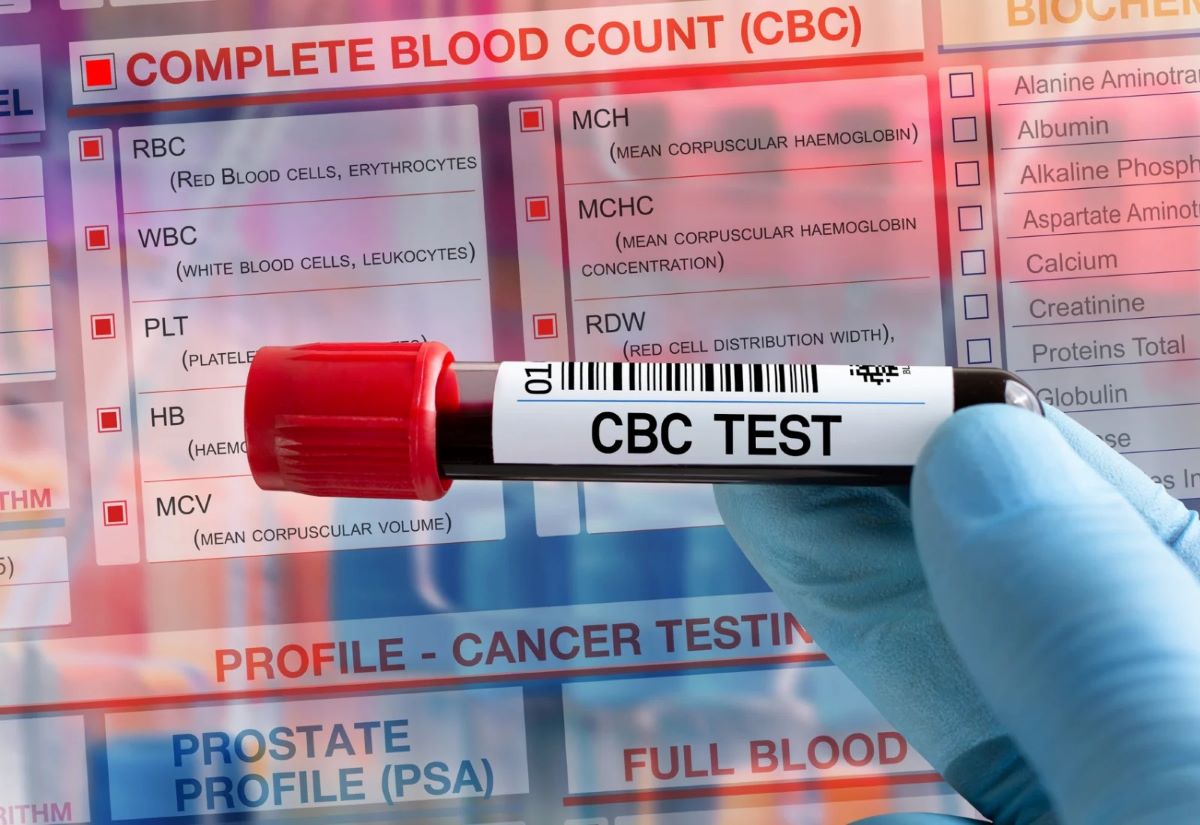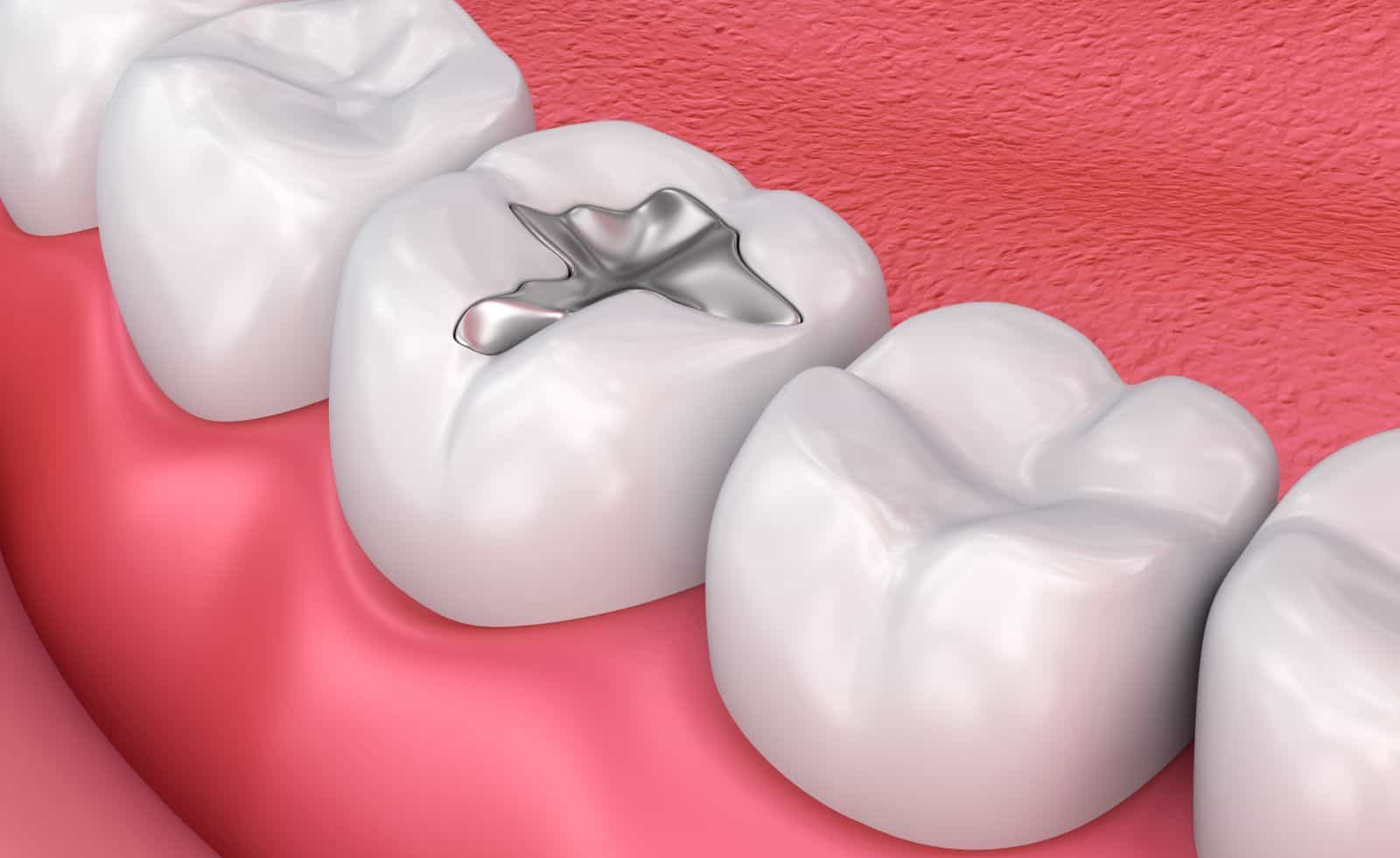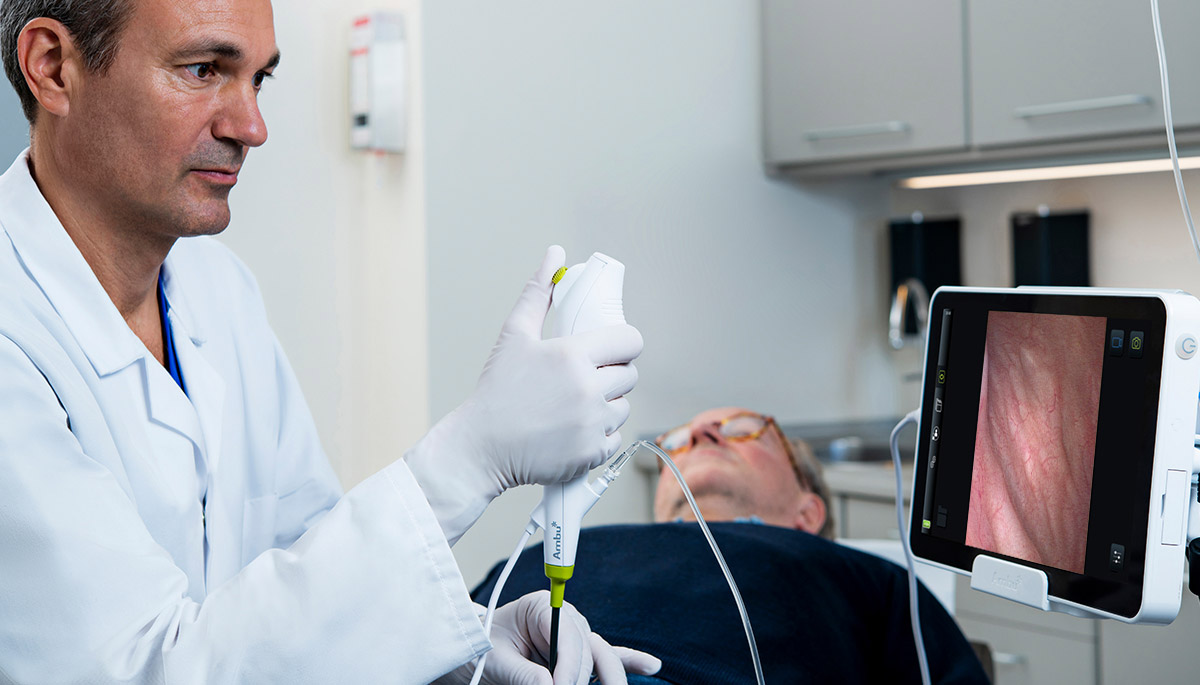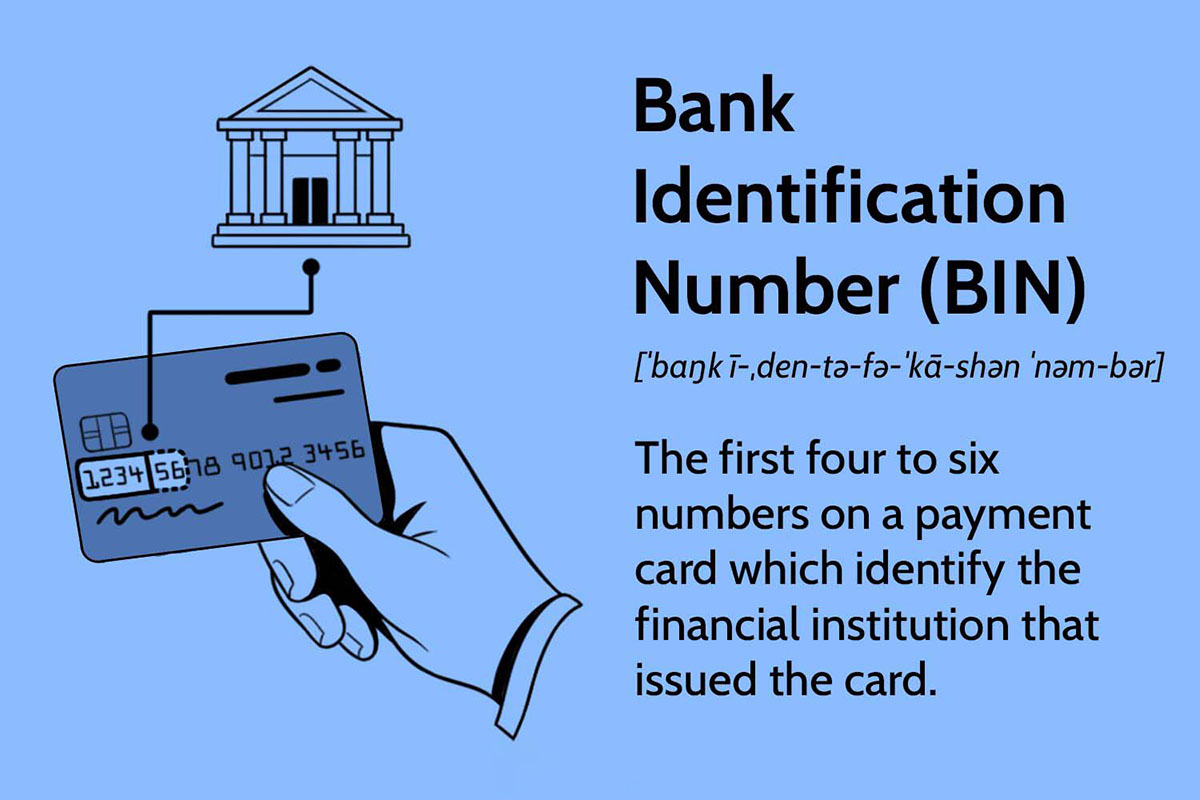Home>Finance>How Much Does Syphilis Treatment Cost Without Insurance


Finance
How Much Does Syphilis Treatment Cost Without Insurance
Published: November 23, 2023
Find out the cost of syphilis treatment without insurance and explore financing options to cover the expenses. Get the affordable medical help you need for your financial peace of mind.
(Many of the links in this article redirect to a specific reviewed product. Your purchase of these products through affiliate links helps to generate commission for LiveWell, at no extra cost. Learn more)
Table of Contents
Introduction
Welcome to our comprehensive guide on the cost of syphilis treatment without insurance. Syphilis is a sexually transmitted disease (STD) caused by the bacterium called Treponema pallidum. It can lead to serious health complications if left untreated. The cost of syphilis treatment can vary depending on several factors, including the stage of the infection and the type of healthcare provider you visit.
In this article, we will explore the impact of syphilis on health, the available treatment options, and the factors that can affect treatment costs. We will also discuss the cost of syphilis testing, medications, and treatment procedures. Additionally, we will provide some tips on how to reduce syphilis treatment costs if you do not have insurance coverage.
It is important to note that seeking timely treatment for syphilis is crucial to prevent further health complications and to avoid transmitting the infection to others. As such, if you suspect you may have syphilis, it is advisable to consult a healthcare professional for an accurate diagnosis and appropriate treatment.
Now, let’s delve into the world of syphilis treatment costs and explore the various aspects of managing this condition without insurance coverage.
Overview of Syphilis
Syphilis is a sexually transmitted disease that can affect both men and women of all ages. It is primarily transmitted through sexual contact, including vaginal, anal, and oral sex. The disease progresses in stages, and each stage presents its own set of symptoms and risks.
The primary stage of syphilis is marked by the appearance of a painless sore, known as a chancre, at the site of infection. This sore can appear on the genitals, rectum, or mouth, and usually lasts for 3 to 6 weeks. If left untreated, the disease progresses to the secondary stage, which is characterized by a widespread rash, fever, sore throat, and flu-like symptoms.
If syphilis remains untreated, it can progress to the latent and potentially late stages. During the latent stage, there are no visible symptoms, but the infection remains in the body and can damage vital organs such as the heart, brain, and nervous system. In the late stage, syphilis can cause severe complications, including paralysis, blindness, dementia, and even death.
Early detection and timely treatment are crucial in managing syphilis and preventing further health complications. It is important to seek medical attention if you notice any unusual symptoms or suspect you may have been exposed to the infection. Healthcare professionals can provide the necessary testing, diagnosis, and treatment options based on the stage of the infection.
Remember, syphilis is a highly contagious disease, and the risk of transmitting it to sexual partners is high, particularly during the early stages. Practicing safe sex, including the use of condoms, is essential in preventing the spread of the infection.
Impact of Syphilis on Health
Syphilis can have significant impacts on a person’s health if left untreated. The disease affects multiple systems and organs in the body, leading to a wide range of complications.
One of the most concerning aspects of untreated syphilis is its effect on the cardiovascular system. Syphilis can cause damage to the blood vessels, leading to the development of aneurysms. These weakened blood vessels can burst, resulting in life-threatening internal bleeding. The infection can also affect the heart muscle, leading to inflammation and potentially heart failure.
The neurological effects of syphilis are also a cause for concern. If the infection reaches the central nervous system, it can result in neurosyphilis. This can lead to symptoms such as headache, difficulty coordinating movements, numbness, and altered mental state. If left untreated, it can progress to more severe conditions, including paralysis, dementia, and even death.
In addition to cardiovascular and neurological complications, syphilis can also have adverse effects on other organs. It can damage the liver, leading to hepatitis and decreased liver function. The infection can also affect the bones and joints, causing pain, swelling, and arthritis-like symptoms.
Pregnant women with syphilis have an increased risk of adverse outcomes for both themselves and their unborn babies. The infection can be transmitted from mother to fetus, leading to congenital syphilis. This can result in stillbirths, premature births, low birth weight, and developmental issues in the baby.
It is essential to understand that the potential health risks of syphilis are not limited to the individual infected but can extend to their sexual partners as well. Syphilis increases the risk of acquiring and transmitting other sexually transmitted infections, including HIV, due to the presence of open sores and inflammation.
The importance of early diagnosis and prompt treatment cannot be overstated when it comes to managing the health impacts of syphilis. Seeking medical attention and following the recommended treatment plan can help prevent or minimize these serious health complications.
Treatment Options for Syphilis
When it comes to treating syphilis, the main course of action is the administration of antibiotics. The specific type and duration of antibiotic treatment depend on the stage of the infection. It is important to note that early diagnosis and treatment are essential to prevent the progression of syphilis and reduce the risk of complications.
The primary treatment for syphilis is typically penicillin. Penicillin is highly effective in treating the infection and is the preferred choice for most healthcare professionals. The dosage and duration of treatment may vary depending on the stage and severity of the infection. In some cases, a single injection of penicillin may be sufficient, while others may require multiple doses over a longer period.
For individuals who have a penicillin allergy, alternative antibiotics such as doxycycline, tetracycline, or azithromycin may be used. These medications are not as effective as penicillin, but they can still help treat syphilis if penicillin is not an option.
It is crucial to complete the full course of antibiotics as prescribed by your healthcare provider, even if the symptoms disappear. This is because syphilis can go into a dormant stage and then resurface later if not completely eradicated.
In addition to antibiotics, your healthcare provider may also recommend regular follow-up appointments and lab tests to monitor the progress of the treatment. These tests can include blood tests to check for the presence of the disease or to measure antibody levels.
It is important to note that while syphilis treatment can effectively eliminate the infection, it cannot reverse any damage that the infection may have caused to organs or tissues prior to treatment. For this reason, early detection and prompt treatment are crucial in preventing long-term health complications.
Remember, syphilis is a sexually transmitted infection, and it is essential to notify sexual partners so that they can get tested and receive appropriate treatment if necessary. Additionally, practicing safe sex, including using condoms, can help prevent the spread of syphilis and other sexually transmitted infections.
Factors Affecting the Cost of Syphilis Treatment
Several factors can influence the cost of syphilis treatment. Understanding these factors can help you better navigate the financial aspects of managing your healthcare expenses.
1. Healthcare Provider: The choice of healthcare provider can significantly impact the cost of syphilis treatment. Different providers may have varying fees for consultations, diagnostic tests, and medications. Public healthcare clinics and community health centers often offer more affordable options compared to private medical practices.
2. Location: The cost of healthcare services can vary depending on your location. Urban areas and regions with higher costs of living often have higher healthcare expenses. It is important to consider geographical factors when budgeting for syphilis treatment.
3. Stage of Infection: The stage of syphilis infection can also affect the cost of treatment. Early-stage syphilis is typically less expensive to treat compared to late-stage syphilis, as more complex diagnostic tests and treatments may be required to manage the latter.
4. Diagnostic Tests: The type and number of diagnostic tests performed can impact the overall cost of syphilis treatment. Testing for syphilis may involve blood tests, clinical examinations, and sometimes advanced imaging techniques. The cost of these tests can vary depending on the facility and the specific requirements of your case.
5. Medications: The choice of antibiotics and the duration of treatment can influence the cost. Different antibiotics have varying costs, and the number of doses required may vary depending on the severity and stage of the infection. Additionally, if you have a penicillin allergy, alternative medications may be more expensive.
6. Additional Treatments: In some cases, advanced or additional treatments may be required to manage complications or address the long-term effects of syphilis. These treatments, such as specialized surgeries or therapies, can significantly increase the overall cost of syphilis treatment.
7. Insurance Coverage: If you have health insurance, the coverage and reimbursement policies of your insurance plan can affect the out-of-pocket expenses for syphilis treatment. Insurance providers may have negotiated rates with healthcare facilities and providers, reducing the overall cost for insured individuals.
8. Financial Assistance Programs: Various financial assistance programs, such as government-funded healthcare programs, nonprofit organizations, and patient assistance programs offered by pharmaceutical companies, can provide support to individuals who cannot afford the full cost of syphilis treatment.
It is important to communicate openly with your healthcare provider about your financial situation. They may be able to provide guidance, recommend cost-saving measures, or refer you to resources that can help reduce the financial burden of syphilis treatment.
Cost of Syphilis Testing
Syphilis testing plays a crucial role in the diagnosis and treatment of the infection. The cost of syphilis testing can vary depending on several factors, including the type of test, the healthcare provider, and whether or not you have insurance coverage. Understanding the cost implications can help you plan and budget for these necessary tests.
The most common type of syphilis test is a blood test. A typical syphilis blood test checks for the presence of antibodies produced by the body in response to the syphilis infection. These tests can detect the infection during different stages and are typically accurate in identifying syphilis.
The cost of a syphilis blood test without insurance can range from $20 to $100 or more, depending on the facility and geographical location. Public health clinics or community health centers may offer lower-cost or free syphilis testing options for individuals with limited financial resources.
If you have health insurance, the cost of syphilis testing may be covered partially or fully depending on your plan. It is important to check with your insurance provider to understand the coverage details, including any copayments or deductibles that may apply.
Additionally, some sexually transmitted disease (STD) clinics or community-based organizations offer free or low-cost syphilis testing as part of their public health initiatives. These resources may be available in your local area, and it is worth exploring them if you are concerned about the cost of testing.
It is crucial to note that testing is recommended not just for individuals with symptoms but also for those who may have been exposed to the infection. Early detection and prompt treatment can prevent further complications and reduce the risk of transmitting the infection to others.
Before getting tested, it is advisable to consult with a healthcare professional who can guide you on the appropriate tests and help you understand the associated costs. They may also be able to provide information on local resources and programs that can assist with the financial aspect of syphilis testing.
Remember, getting tested and seeking timely treatment are essential steps in managing syphilis. By prioritizing your health and being proactive about testing, you can take control of your well-being and prevent potential health complications.
Cost of Syphilis Medications
When it comes to treating syphilis, antibiotics are the primary medications prescribed. The cost of syphilis medications can vary depending on several factors, such as the specific antibiotic prescribed, the dosage, and whether or not you have insurance coverage.
The most commonly prescribed antibiotic for syphilis treatment is penicillin. Penicillin is effective in treating the infection, and it is often administered as an injection. The cost of a single dose of penicillin injection can range from $15 to $30, depending on the healthcare provider and location.
If you have a penicillin allergy or if penicillin is not available, your healthcare provider may prescribe alternative antibiotics such as doxycycline, tetracycline, or azithromycin. The cost of these medications can vary, with doxycycline and tetracycline generally being more affordable options. However, it is important to note that these alternatives are not as effective as penicillin in treating syphilis.
Without insurance coverage, the cost of syphilis medications can be a significant expense. However, various factors can help reduce the cost burden:
- Health Insurance Coverage: If you have health insurance, your coverage may include prescription medications. It is important to check with your insurance provider to understand the specific coverage and any copayments or deductibles that may apply.
- Generic Medications: In some cases, generic versions of antibiotics may be available at a lower cost compared to brand-name options. Ask your healthcare provider or pharmacist if there are generic alternatives for the prescribed medication.
- Patient Assistance Programs: Pharmaceutical companies often offer patient assistance programs to individuals who cannot afford the cost of their medications. These programs provide financial assistance or discounts for eligible individuals. It is worth exploring these options and discussing them with your healthcare provider.
- Discount Coupons and Savings Cards: Some pharmacies or medication websites offer discount coupons or savings cards that can significantly reduce the cost of prescription medications. These discounts can be applied to syphilis medications, potentially making them more affordable.
If you face challenges in covering the cost of syphilis medications, consider discussing your situation with your healthcare provider. They may be able to provide guidance, recommend cost-saving alternatives, or direct you to resources that can assist with medication costs.
Remember, it is crucial to complete the full course of antibiotics as prescribed by your healthcare provider, even if the symptoms disappear. This ensures that the infection is fully treated, reducing the risk of complications and preventing the transmission of syphilis to others.
Cost of Syphilis Treatment Procedures
In addition to medication, some syphilis cases may require specific treatment procedures to address complications or manage the long-term effects of the infection. The cost of syphilis treatment procedures can vary depending on the type of procedure, the healthcare provider, and whether or not you have insurance coverage.
If syphilis has progressed to the late stage or has caused significant damage to organs such as the heart or nervous system, specialized treatment procedures may be necessary. These may include surgeries, such as aortic aneurysm repair or neurosurgical interventions, to address the complications caused by the infection. The cost of these procedures can be substantial and may vary based on the complexity and duration of the surgery, as well as other factors such as hospital fees, anesthesia, and post-operative care.
It is important to note that the need for such procedures is not common in most syphilis cases. The majority of syphilis infections can be effectively treated with antibiotics alone, especially when detected and treated in the early stages.
If you have health insurance, the coverage and benefits of your insurance plan may extend to treatment procedures. However, it is crucial to understand your policy’s limitations, such as pre-authorization requirements or specific network providers. Contacting your insurance provider and reviewing your policy can help you determine what portion of the procedure costs will be covered.
For individuals without insurance coverage, the cost of treatment procedures for syphilis can be a significant financial burden. In such cases, it is essential to explore other options for financial assistance:
- Government Programs: Depending on your eligibility, government programs such as Medicaid or other public health initiatives may offer assistance for treatment procedures.
- Hospital Financial Assistance: Many hospitals have financial assistance programs in place to help individuals who are unable to pay for their medical procedures. These programs may provide discounted or free services based on your income and financial situation. It is advisable to inquire about such programs before undergoing any procedure.
- Nonprofit Organizations: There are nonprofit organizations that provide financial assistance or grants to individuals in need of medical treatment. These organizations may have specific programs for individuals with syphilis or other infectious diseases.
Discussing your financial situation with your healthcare provider, hospital billing department, or social worker may provide additional resources and guidance in navigating the cost of syphilis treatment procedures.
Remember, not all syphilis cases require treatment procedures beyond antibiotics. Early detection, prompt treatment, and regular follow-up with your healthcare provider can help prevent the progression of the infection and minimize the need for complex treatment procedures.
Ways to Reduce Syphilis Treatment Costs without Insurance
Managing the cost of syphilis treatment without insurance coverage can be challenging, but there are several strategies you can employ to help reduce the financial burden:
- Seek Low-Cost or Free Clinic Services: Look for public health clinics, community health centers, or STD clinics in your area that provide low-cost or free healthcare services. These clinics often offer sliding-scale fees based on income or have programs in place to assist individuals who cannot afford the full cost of treatment.
- Research Patient Assistance Programs: Many pharmaceutical companies offer patient assistance programs that provide financial support or medication discounts to individuals who cannot afford the cost of their medications. Contact the pharmaceutical company that manufactures the prescribed antibiotics and inquire about their patient assistance programs.
- Explore Nonprofit Organizations: Several nonprofit organizations focus on providing financial assistance to individuals who need help covering their medical expenses. Research and reach out to organizations that specialize in providing support to individuals with infectious diseases or those who are unable to afford healthcare expenses.
- Compare Prices: Call different healthcare providers or pharmacies to compare the cost of syphilis testing, medications, and treatment procedures. Prices can vary significantly, and by shopping around, you may find more affordable options.
- Negotiate Payment Plans or Discounts: Talk to your healthcare provider, hospital, or clinic about flexible payment options or potential discounts. Many providers are willing to work with patients who are unable to pay the full amount upfront and may offer payment plans or reduced fees based on financial need.
- Seek Out Government Programs: Check if you qualify for government-funded healthcare programs such as Medicaid or state-specific assistance programs. These programs can provide coverage or financial assistance for syphilis treatment.
- Utilize Discount Prescription Programs: Some pharmacies or prescription discount programs offer reduced prices on medications. Research and enroll in available programs to help lower the cost of antibiotics prescribed for syphilis treatment.
- Explore Crowdfunding Platforms: Consider utilizing crowdfunding platforms to seek financial support from friends, family, or compassionate individuals. Many people are willing to contribute to someone’s healthcare expenses, especially when it comes to managing a serious condition like syphilis.
- Practice Preventive Measures: While not a direct cost reduction strategy, practicing safe sex and taking preventative measures can help reduce the risk of contracting or spreading syphilis, thus avoiding the need for treatment altogether.
Remember, it is crucial to communicate openly with your healthcare provider about your financial situation. They may be able to provide additional resources or recommend specific programs to help alleviate the financial burden of syphilis treatment. Do not hesitate to seek assistance when needed, as managing syphilis promptly and effectively is essential for your health and well-being.
Conclusion
Managing the cost of syphilis treatment without insurance coverage can be a daunting task, but it is not impossible. By understanding the factors influencing treatment costs and exploring various resources, you can take steps to reduce the financial burden.
Early detection and prompt treatment are crucial in managing syphilis and preventing further health complications. It is important to seek medical attention if you suspect you may have syphilis or have been exposed to the infection. Healthcare professionals can provide the necessary testing, diagnosis, and treatment options based on the stage of the infection.
When it comes to tackling the cost of syphilis treatment, there are strategies you can employ. Seek low-cost or free clinic services, research patient assistance programs, and explore nonprofit organizations that provide financial assistance. Compare prices, negotiate payment plans or discounts, and utilize discount prescription programs to find affordable options for medications and treatment procedures.
It is also beneficial to practice preventive measures, such as safe sex, to reduce the risk of contracting or spreading syphilis. By taking proactive steps to prevent the infection, you can avoid the need for treatment and further minimize healthcare costs.
Remember, you are not alone in managing the financial aspect of syphilis treatment. Reach out to healthcare providers, hospitals, clinics, and organizations that specialize in providing support to individuals in need. Communicate openly about your financial situation so that appropriate guidance and resources can be provided.
Your health and well-being should be a priority, and with careful planning, research, and support, you can navigate the cost of syphilis treatment without insurance coverage. Remember, seeking timely treatment and adhering to the prescribed treatment plan are crucial in effectively managing syphilis and preventing further health complications.














